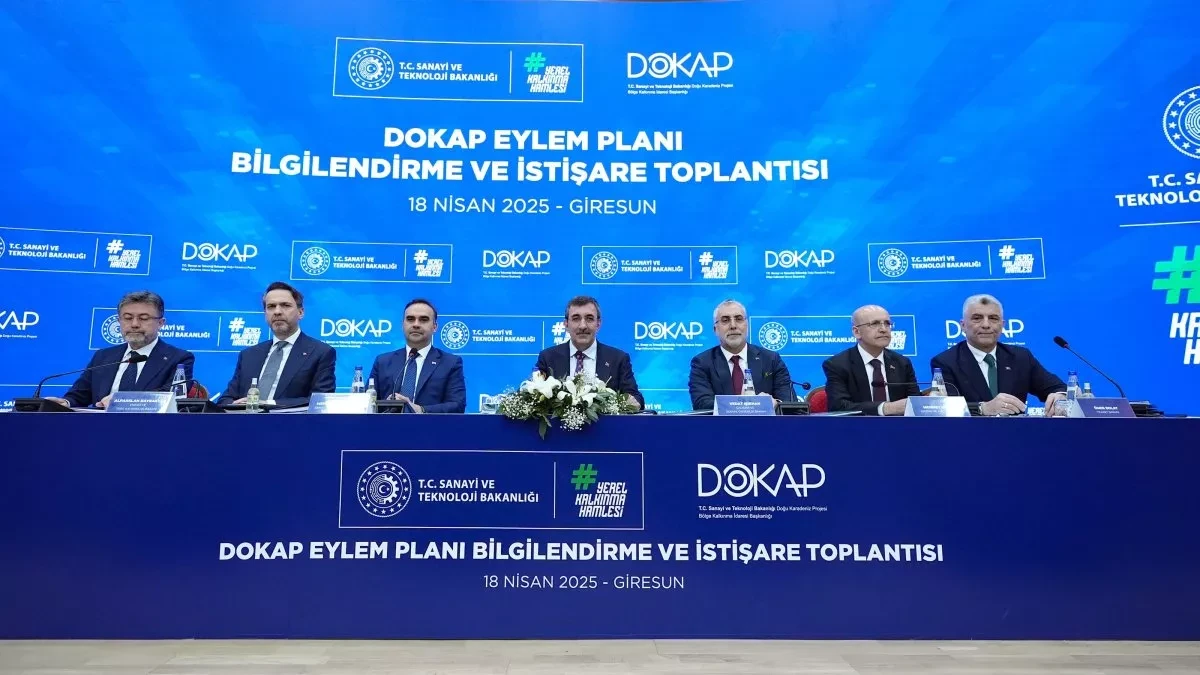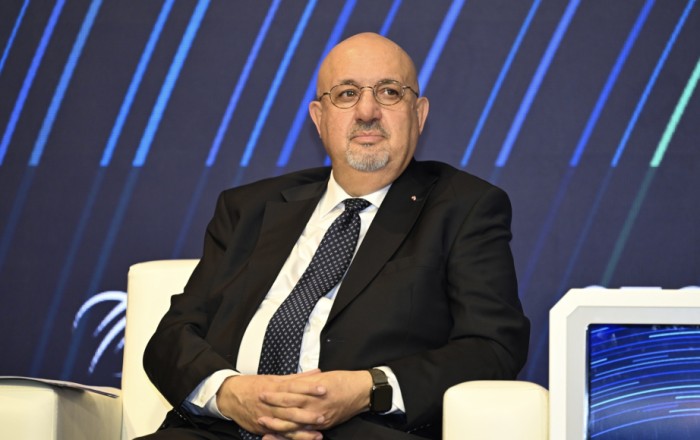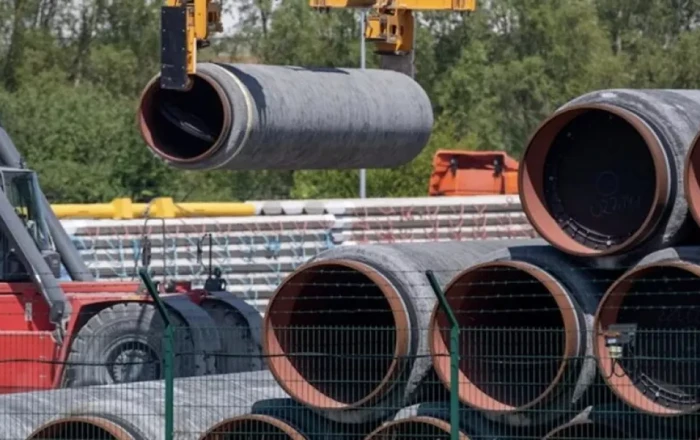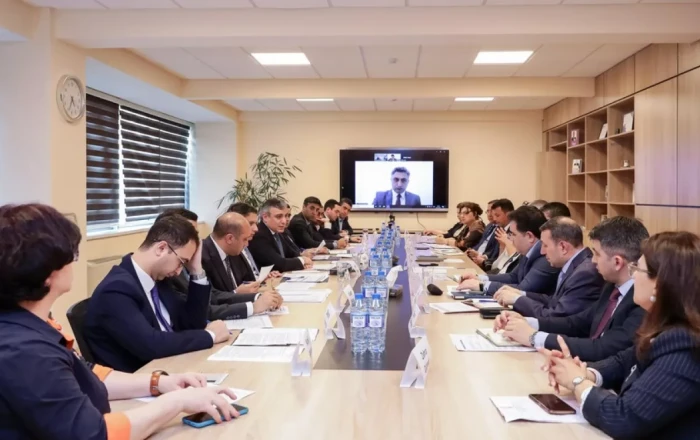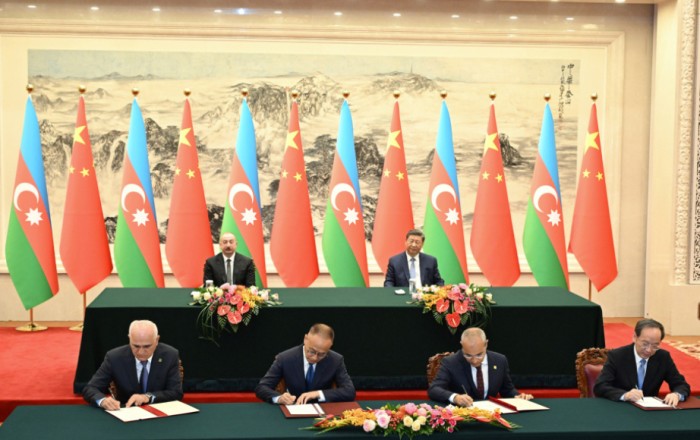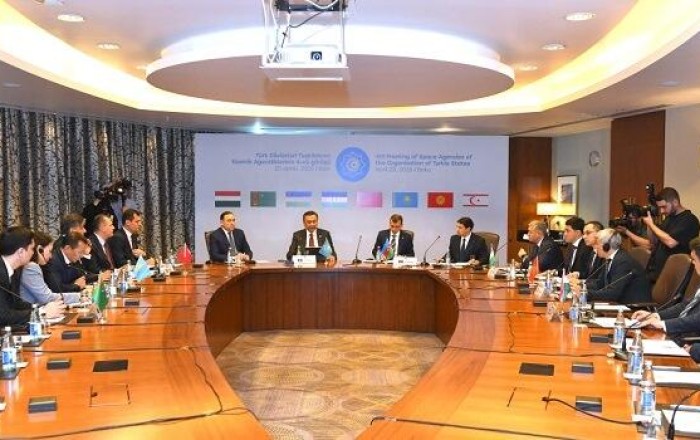Türkiye is set to give a massive boost to its eastern Black Sea region with an allocation of TL 394 billion (approximately $10.36 billion) over the next five years, according to Industry and Technology Minister Mehmet Fatih Kacır.
The funding comes as part of the Eastern Black Sea Project (DOKAP) Action Plan, which seeks to implement 158 projects designed to drive economic growth and improve the quality of life for the 6 million residents across 11 provinces, including Giresun, Artvin, Bayburt, Gümüşhane, Ordu, Rize, Samsun, Trabzon, Tokat, Amasya, and Çorum, Caliber.Az reports, citing Turkish media.
Speaking at an event in Giresun province, Kacır said, “The DOKAP Action Plan foresees a funding allocation of TL 394 billion for 158 projects over the next five years.” Under the plan, strategic investments are being targeted in key sectors: in Samsun, efforts will focus on the medical, defence, machinery, and automotive supply industries, while Trabzon will concentrate on advancing shipbuilding technology.
The plan also emphasises significant agricultural development, aiming to boost the sector's gross domestic product from TL 130 billion to TL 209 billion, and expand rehabilitated pastureland from 2.8 million to 3.5 million decares. In the tourism arena, the government has earmarked TL 30.3 billion, hoping to grow the region’s annual visitor numbers from 2.8 million to 4.5 million and double overnight stays from 4.9 million to 9 million.
This ambitious initiative follows a December government announcement of a $14 billion regional development plan aimed at reducing the economic disparity between Türkiye’s southeastern region and the rest of the country. It also comes on the heels of late January’s announcement regarding the Konya Plain Project (KOP) in central Anatolia.
The KOP, with over $9.8 billion in planned investments over the next five years, will cover eight provinces—Konya, Aksaray, Karaman, Niğde, Kırıkkale, Yozgat, Nevşehir, and Kırşehir—with projects focused on enhancing irrigation infrastructure, agriculture, and animal husbandry.
By Tamilla Hasanova
Source: caliber.az


